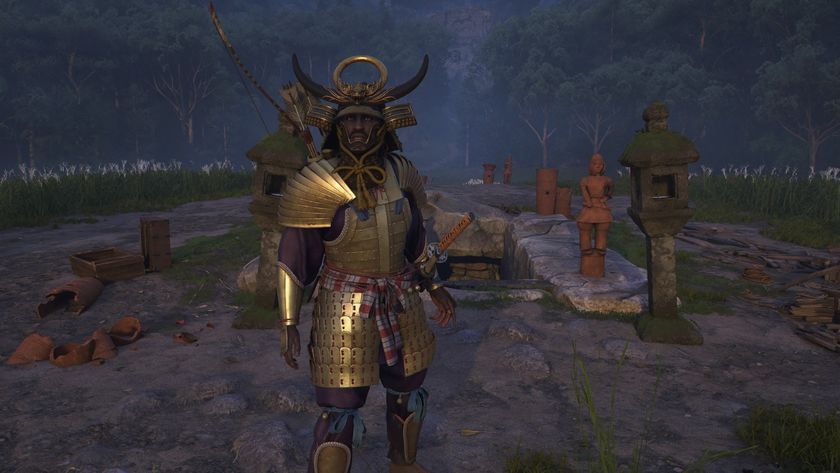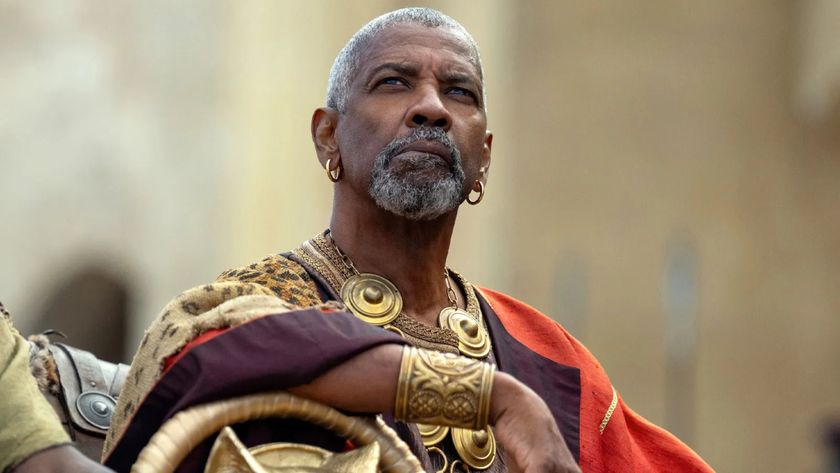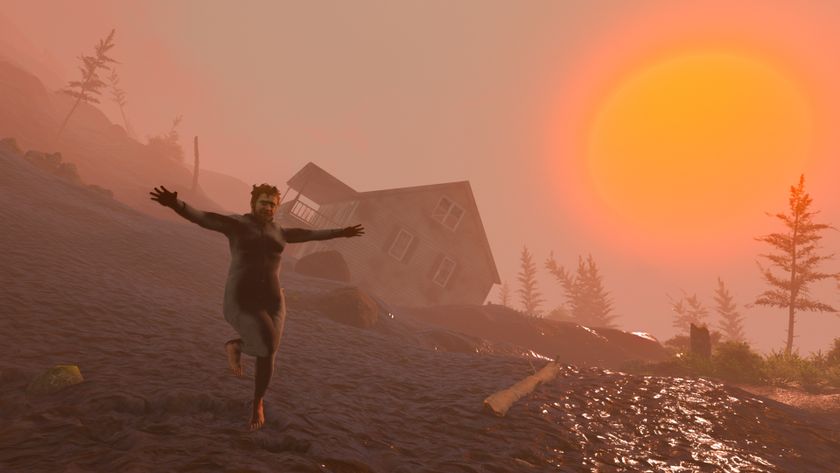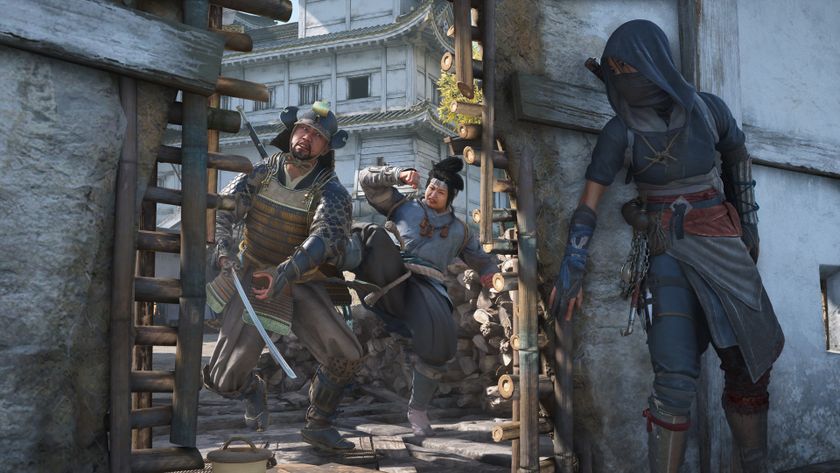Strap in for a deep-space jaunt with Jump Over The Age’s much-anticipated Citizen Sleeper sequel, Starward Vector, in Edge 396’s exclusive cover story
“I’m trying to encourage this behavior where the player is running on the edge of their capabilities at all times”
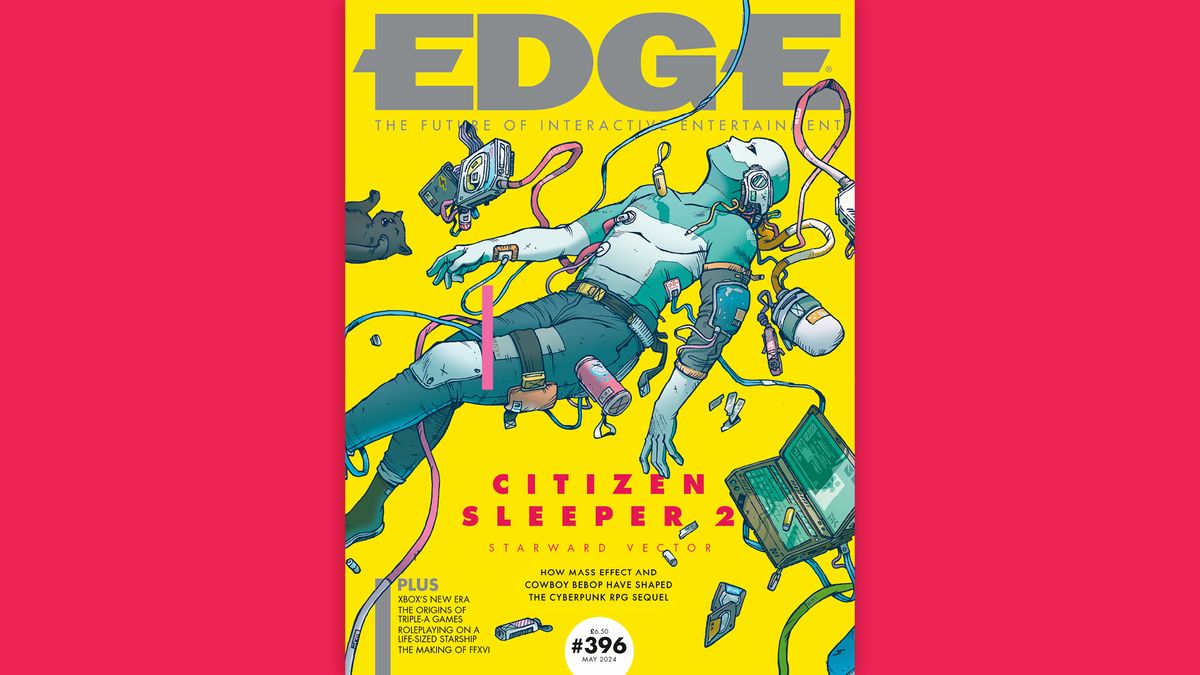
Gareth Damian Martin didn’t expect much from the launch of Citizen Sleeper. The plan was to make something experimental relatively quickly, and over two years they’d convinced themself that it wasn’t going to be a success. But within a week, the game became a breakthrough hit: during that time, it outstripped what Damian Martin’s first title, In Other Waters, had sold in two years.
As we find out in Edge 396’s exclusive cover feature, success hasn’t led Damian Martin to grow their studio, but it has encouraged them to expand the scope of its successor. In Starward Vector, you take control of a new Sleeper, who owns a spacecraft (though it’s closer to a canal boat than the Starship Enterprise, we’re told). Every ship, of course, needs a crew. So you’ll recruit other characters you encounter on your journey through space, embarking upon a variety of risky missions.
The dice that informed every choice you made in the first game are back – though this time you don’t have to worry about your Sleeper’s condition but their stress. Roll high during intense situations and you’ll be fine. But ones and twos will land you in trouble – not least because each die has a health bar. Should that empty entirely, you’ll lose access to it.
Pick up E396 and you’ll discover much more about Starward Vector in our in-depth conversation with Damian Martin, from the game’s major influences to further details about its story and cast. And, for that matter, how Damian Martin likes to borrow interesting ideas from triple-A games and try to do them better.
Indeed, in features, we attempt to find out where one of the industry’s favorite descriptors came from: what /is/ the origin of ‘triple-A’? We tell the story of one such game in The Making Of, talking to Creative Business Unit III about how it reinvented a beloved RPG series in the action-packed Final Fantasy XVI. From cosmic turtles to Colonel Sanders, the supportive Akupara Games explains its shifting focus in Studio Profile, while in Time Extend we explain how Croteam’s speculative puzzler The Talos Principle gave us plenty of philosophical food for thought.
In our Hype section we look forward to the likes of No Rest For The Wicked, Pony Island 2: Panda Circus, Arranger: A Role-Puzzling Adventure and Animal Well. In Play, we run the rule over Final Fantasy VII: Rebirth, Unicorn Overlord, Helldivers 2, Skull And Bones, Llamasoft: The Jeff Minter Story and more. With a look at how Kind Words’ unexpected success paved the way for a sequel that takes players outside, along with analysis of what Xbox’s commitment to multiformat games means for consoles, you certainly shouldn’t sleep on the new issue of Edge, which is on sale now.
Sign up to the 12DOVE Newsletter
Weekly digests, tales from the communities you love, and more
Edge magazine was launched in 1993 with a mission to dig deep into the inner workings of the international videogame industry, quickly building a reputation for next-level analysis, features, interviews and reviews that holds fast nearly 30 years on.


